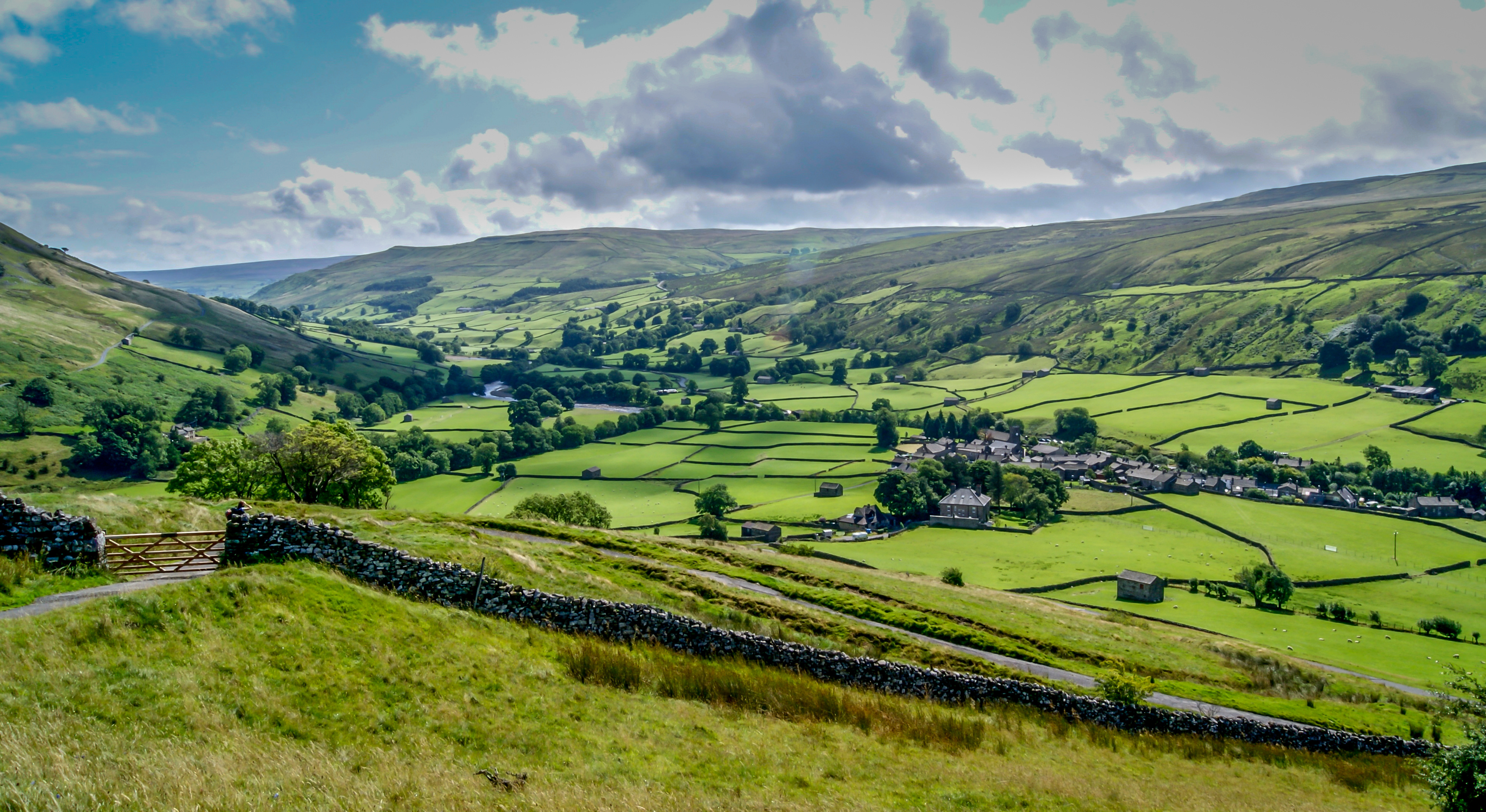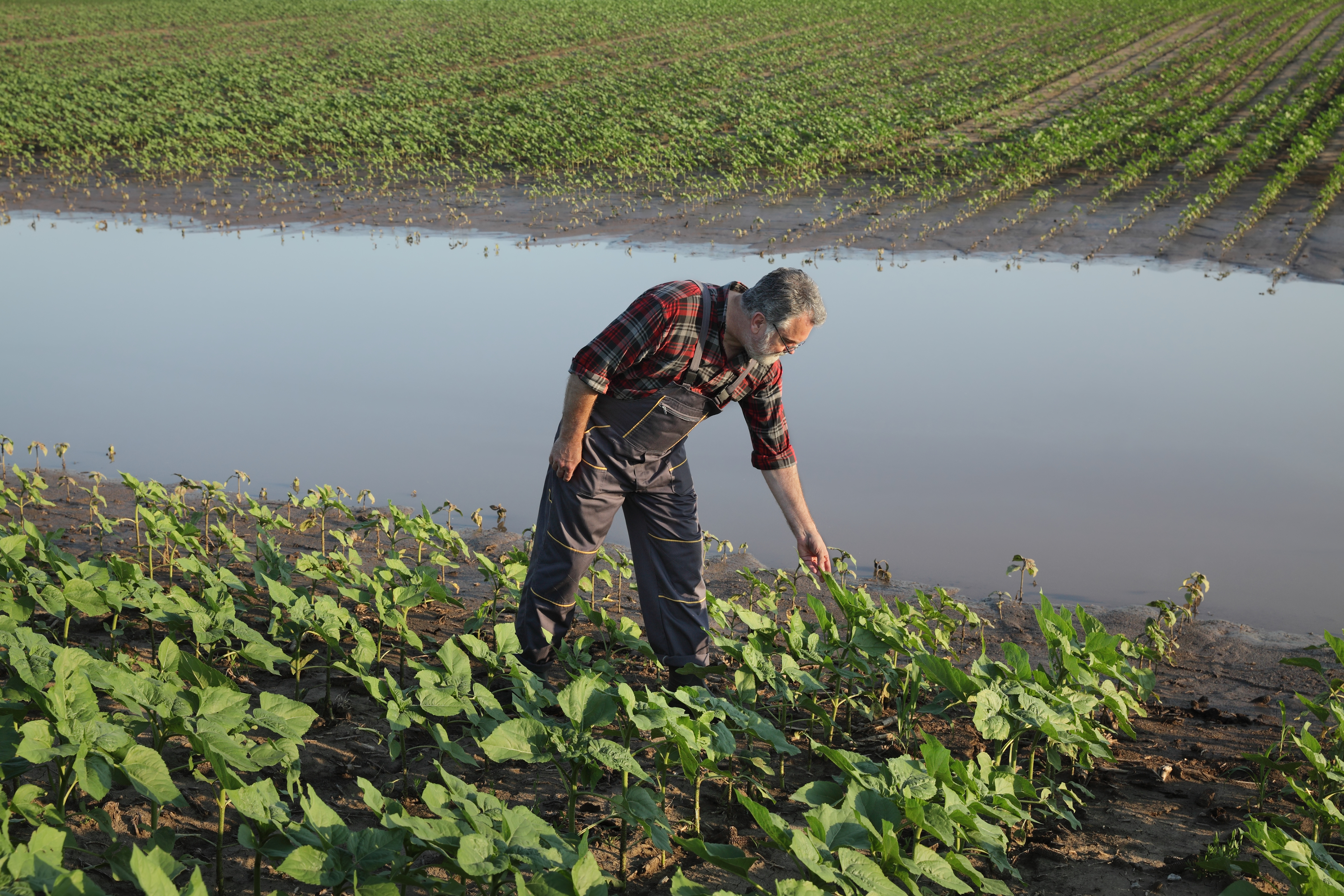



Opinion - What does the EU's extended silence on its Farm to Fork strategy mean for farmers and consumers?
As EU farmers and farming unions wait for Brussels to publish its impact assessment of the new Farm to Fork policy, Copa and Cogeca Secretary General Pekka Pesonen raises concerns over the policy's hazy details.“We are the first to examine the prospective impacts of the Strategies in their current form.”. This is how, a few weeks ago, the US Department of Agriculture presented the first impact assessment on the Farm to Fork and Biodiversity Strategies. Two key milestone elements of the Green Deal package that were released in May.
In Brussels for more than 13 years, it is the first time that I must read the impact assessment on a central policy of the European Union from a non-EU governmental agency. A trivial fact? Certainly not, rather a symbolic fact. A symbol that should worry those beyond the ranks of EU farmers and agri-cooperatives.


The Farm to Fork and Biodiversity strategies are broad policies that will impact the agricultural sector in multiple ways. Both propose various policy objectives and targets including the setting aside of 10 percent of agricultural land, the 20 percent reduction of the use chemical fertilisers, the 50 percent reduction of the use of chemical pesticides, the establishment of 25 percent of agricultural land under organic production, the planting of 3 billion trees and the 50 percent reduction of antimicrobial use for livestock.
All targets that sound great at first sight. However, for the most concerned and first impacted, EU farmers and their cooperatives, the lack of precise technical roadmap’s or solutions is troubling. Common sense would also dictate that we know how the numbers behind these targets were decided, and how they will impact our production, the environment, consumer prices, our food security and our exports.
No documentation or studies have filtered in from the Commission since the communications on these strategies were published in May, despite announcements made by Commissioners which consider impact studies a key element to good governance. Without this key element, we are forced to speculate.
Does a study exist and if so, why is it not public? If a study does not exist, have we announced a strategy without questioning the feasibility of its targets and its impacts? Have we put the cart before the horse?
This is with this background in mind that one can read the USDA's conclusion:
Here is where the inconvenient truth probably lies, the elephant in the room, explaining why the European Commission is delaying the release of its own impact assessment, why some NGOs also ask for a faster process that won’t take those elements into account at the risk of jeopardising the proper functioning of the EU democratic processes.
Why has a report, that clearly states the fact that we could face food insecurity and a rise in consumer food prices, received such limited media coverage?
Why on this side of the sustainability equation, does it not seem to worry key EU decision makers?
Why are European farmers and agri-cooperatives the ones having to remind the basic facts like the prices being passed on to consumers, European food security or the eventual impact it could have on our trading partners?


Agriculture does not work on an ideological basis. History has constantly proved it, yet we seem to forget it. The shift towards a theoretical vision of agriculture that we are observing is worrying because we cannot play with the primary needs of our fellow citizens.
Agriculture is an industry like no other. We can become mission-oriented, going beyond food production to look after the common good. If we agree to work together towards greater goals, we need concrete solutions. If we want to move forward urgently, let us put in the means, let us identify all the concrete mechanisms we can put in place, such as carbon reduction mechanisms. Let us give visibility to farmers by going to the end of the process on the new CAP so that we can invest in bioeconomy, bioenergy, agro-forestry, precision farming, and shorter food chains.
The longer we remain in the theoretical, with no facts to aid and inform our approach, the slower we will go. It is high time that the Commission published its own comprehensive impact assessment. Such an impact assessment and its conclusions will probably balance the current debate around the CAP, forcing us to look at the complexity of the sustainability equation and will help in working towards concrete solutions for the environment, for consumers and for farmers and their cooperatives.
-- Pekka Pesonen
Copa and Cogeca Secretary General









